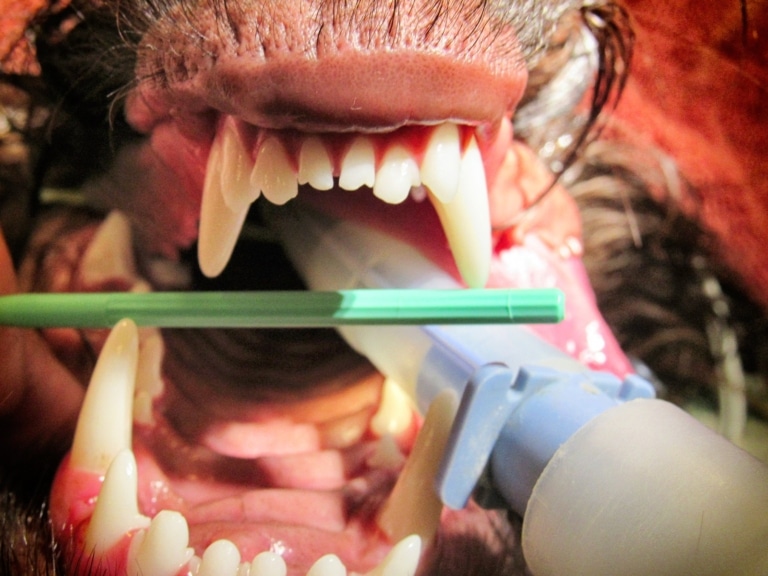Meat has always been a primary protein source in a dog’s diet, but do you really know how essential it is to pick fresh and quality meat for your furry friend? The right ingredient choice can significantly impact your dog’s health, activity, and lifespan.
Benefits of Fresh Meat
- High protein content: Meat is the best source of high-quality proteins vital for maintaining muscle mass, skin, and coat health.
- Natural vitamins and minerals: Fresh meat provides B vitamins, especially B6 and B12, and minerals like iron, phosphorus, and zinc, crucial for growth and development.
- Boosting your dog’s appetite: Natural meat has an unmatched taste that makes your dog relish its meals.
Potential Hazards
- Raw meat and infection risk: Serving raw meat can have its downsides, especially if it isn’t fresh or of good quality. There’s a risk of harmful microbes like salmonella or E.coli, which could affect both your dog and you.
- Importance of proper storage: To prevent bacterial growth and meat spoilage, it’s vital to store it in the fridge or freezer. It’s also crucial to be aware of its expiration date and consume it timely.
Which meat should you choose for your dog?
When it comes to meat selection for dogs, it’s essential to focus on the product’s quality and origin. Although most meat types can be beneficial, some might have unique characteristics or potential risks.
Recommended Meat Types:
- Chicken: This meat is generally easily digestible and a source of high-quality proteins. It also contains essential amino acids and vitamins that support your dog’s health.
- Turkey: Turkey is an alternative to chicken for dogs that might have allergic reactions or sensitivities to specific products. It’s also tender meat that’s easily digestible.
- Beef: The high content of iron, zinc, and other minerals make beef one of the best meat sources for dogs.
Meat to Avoid:
- Pork: Although many dogs can consume pork without issues, there’s a risk of diseases like Aujeszky’s disease, transmitted through raw pork. Moreover, pork can be fattier, not always suitable for all dogs.
Meat Amount in the Diet:
Depending on your dog’s size, age, breed, and activity level, the recommended meat amount can vary. It’s crucial to consult with a vet to figure out the best diet for your furry friend.
When adding meat to your dog’s diet, it’s a good idea to mix it with whole grains, veggies, and other beneficial ingredients. A balanced diet ensures your dog remains healthy and energetic.
Alternatives to Fresh Meat for Dogs
Sometimes, picking fresh meat might be tricky due to cost, availability, or other reasons. Luckily, there are some excellent alternatives to meet your dog’s protein and other nutritional needs.
Frozen Meat:
This is a great alternative to fresh meat, especially if you’re looking to store it longer. Frozen meat retains most of the benefits of fresh meat.
Dehydrated Meat:
This process involves removing water, allowing the meat to be stored longer without spoiling. Dehydrated meat is a calorie-dense and concentrated protein source.
Prepared Foods:
These foods already contain the right meat amount, vitamins, minerals, and other beneficial ingredients. They’re convenient and user-friendly. However, always opt for quality brands and avoid foods with too many fillers and artificial additives.
Your dog’s health and well-being directly depend on its diet quality. Making the right meat or alternative choice plays a pivotal role in providing essential nutrients for your pet.
To ensure your dog stays healthy and vibrant, aim to give a balanced diet. Pay attention to its needs, reactions to certain foods, and vet advice. Your dog is always there, showering you with endless love and loyalty – do your best to reciprocate with proper care and attention.









